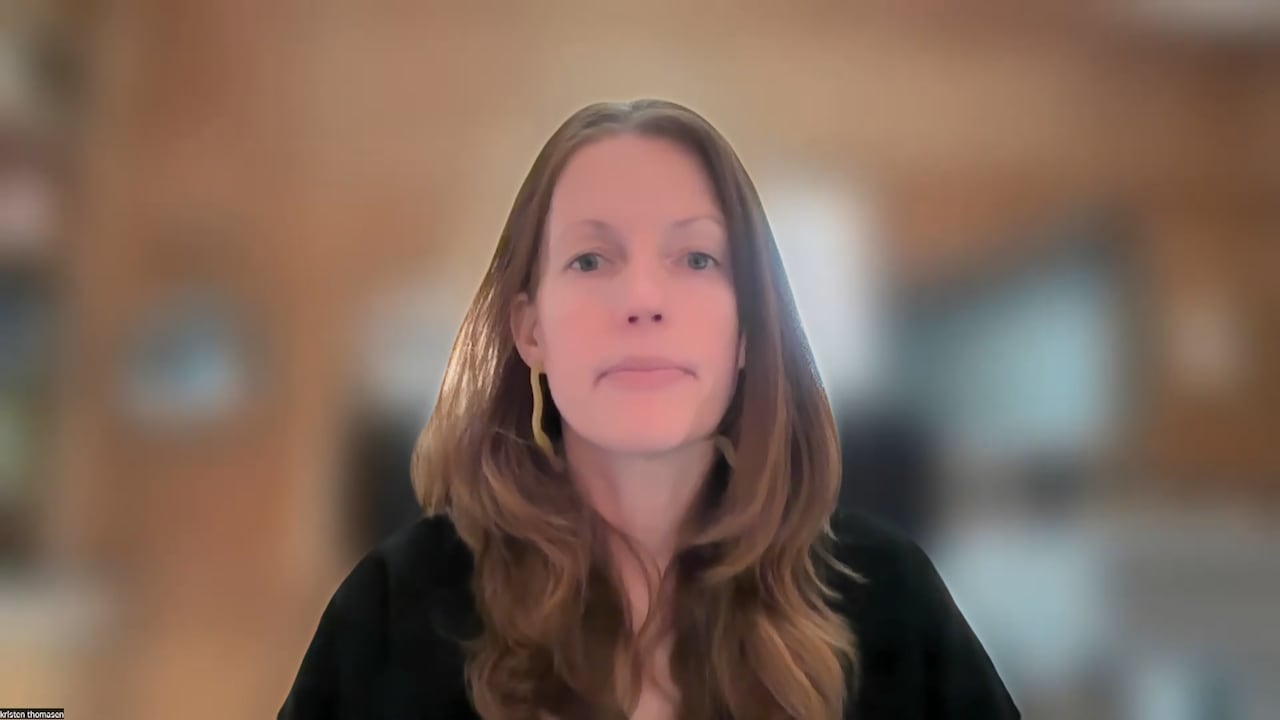Loved ones of a Windsor woman want photos taken of her on the city’s streets, during an active drug addiction, removed from social media.
The woman in the photos is Alicia Newman and she died several years ago. Her family says the images are triggering for them and they “don’t want her remembered for the roughest time in her life.”
Though they’ve reached out to the photographer to have the images removed, the family says their messages have been ignored and they’ve been blocked.
Some experts say this situation highlights gaps in Canada’s privacy policies, which haven’t kept pace with the digital age.
Who was Alicia Newman?
Devin Newman, Alicia’s twin brother, says he always looked up to his sister.
“At the end of the day, my sister would give you the shirt off her back. She was the nicest person,” he said.
While she was living in Paris, Ont., and working at a café, Devin says his sister’s life took a turn: she was involved in a serious car accident that left her off work.
He says people she knew introduced her to drugs, which led her down a slippery slope.
When she moved to Windsor in her late 20s, Devin says she was in and out of drug addiction, homelessness and struggled with her mental health.
In 2018, Alicia died from drug-related health complications. She was 37 years old.
A year later, her family first saw images of her being posted online by photographer Donnie Johnston.
Johnston has more than 7,000 followers between his Facebook and Instagram accounts.
The photos show a short blonde-haired Alicia standing in a parking lot in a striped shirt, with a bra poking out. In one of the pictures, you can see her feet are bare and she’s standing beside a bicycle that has a plastic bag and other belongings attached to it.
One of the photos of Alicia, which the family shared a screenshot of with CBC News, had a caption that claimed she was a sex worker soliciting a client.
After reaching out to Johnston, the family says they didn’t get a response, but saw the caption was removed.

Over the last few years, Johnston has re-posted photos of Alicia on his social media accounts. The family has tried to report the images on Facebook, but say the photos don’t meet the social media platform’s removal standards.
“It broke me a lot,” said Alicia’s half-sister Nancy Turner, after seeing the photo.
“It felt really violating … seeing her in a really vulnerable state, which would be around close to the time where she was begging for help and begging to get clean and someone showcasing her in [a] really not fantastic time of her life, is really heartbreaking.”
Kathleen Newman, Alicia’s sister-in-law, posted in a Windsor Facebook group calling attention to the issue this month.
In response to this, Johnston posted the following comment on his Instagram: “I don’t claim to be anything but a photographer. I will never take down any photo for any reason ever. End of story.”
CBC News reached out to Johnston for an interview, but he declined to comment.
The family also raised concerns about other photos on Johnston’s page, like ones that show people with vomit coming out of their mouths or relieving themselves.
My sister would never want to be remembered like this, for something that she struggled with.– Devin Newman, Alicia’s twin brother
When asked whether it’s possible Alicia consented to the photos by Johnston, the family says “no.” They add that she was struggling with bipolar disorder and wouldn’t have been in the right frame of mind.
By speaking out, the family hopes to take back control of Alicia’s story, but also hopes to protect others.
“I feel like Canadian law doesn’t protect, you know, vulnerable people with addictions. And my main concern is that other people are going to fall victim to being exploited online,” said Turner.
It’s not illegal to take photos in public
In Canada, it’s not illegal to take photos in public spaces and post them.
Kristen Thomasen, a law professor at the University of Windsor, says that most privacy laws in Canada offer protection in scenarios where there’s a reasonable expectation of privacy.
“There’s sort of this assumption that when we go out in public space, we no longer reasonably expect privacy, from anyone, for any reason,” she said.
But, she adds, that that shouldn’t be true, because for people who are homeless, the public streets often are their private space.

“I think there is a huge vulnerability created through this lack of legal protection when the laws can’t be nuanced enough to understand that people have different ways of experiencing being out in public,” she said.
But, Thomasen says Quebec, for example, has a civil code that allows for more nuance as it relates to cases where photos are published of someone in public without their consent.
Both Thomasen and Western University assistant law professor Bassem Awad, both said they are closely watching what’s happening in Denmark — the country wants to allow people to copyright their digital identity.
“That will effectively grant individual’s copyright protection over their own face and body and voice,” said Awad.
Thomasen says that more needs to be done, especially in a digital age, where people’s images can be easily shared or used in unwanted ways.
“I think that some legal reform, some greater protection for people’s dignity and control over their images, or the images of loved ones, is really needed,” said Thomasen.
Street photography comes with ethical responsibilities: professor
With how easy it is to take photos and instantly get eyes on them, one photography expert says it’s important that everyone be educated on photo ethics these days.
“In a situation where people are … unhoused, obviously the power imbalance [between the photographer and the subject] is one of the most extreme that we have,” said Michèle Pearson Clarke, a visual artist and associate photography professor at Toronto Metropolitan University.
“And so, yes, legally you can take photographs of people in public, but ethically I would argue that this is a population that when we think about respect, dignity, privacy and certainly consent, all of those ethical issues are in play.”
She added that while street photography is usually seen as a way to bring awareness to an issue, most Canadians know that homelessness is a problem.
“For me, personally, raising awareness doesn’t trump people’s privacy and dignity. I think there’s other ways to raise awareness that doesn’t come at the cost and price of our fellow citizens’ dignity,” she said.

As for Alicia’s family, they just want the photo taken down, but feel like they’re out of options.
“[We] feel helpless,” said Devin.
“My sister would never want to be remembered like this for something that she struggled with.”






